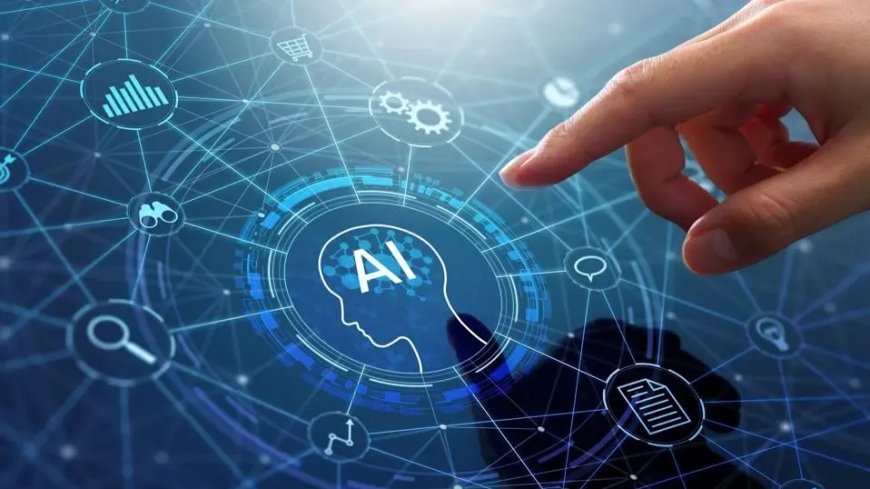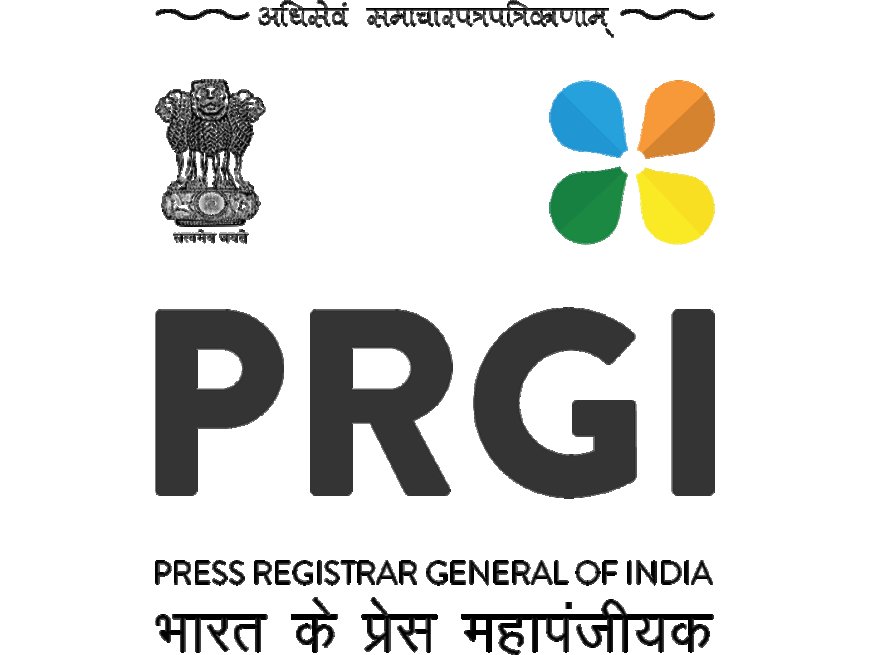AI and the Compensation Conundrum: Should Creators Be Paid for Training Data?
As AI models increasingly rely on human-made data, a growing debate questions whether creators should be compensated. Lawsuits, licensing, and UBI proposals are shaping this new digital economy.

A fast-escalating debate is unfolding at the intersection of artificial intelligence, intellectual property rights, and economic fairness. As AI models become more capable—and more heavily reliant on vast volumes of publicly available content—the core question gaining traction is: Should content creators be compensated when their work is used to train these systems? With lawsuits mounting and tech leaders under pressure, the conversation is now edging toward policy and potential economic reform, including talk of universal basic income (UBI) tied to data usage.
AI’s Hunger for Human Content
To operate effectively, generative AI systems like ChatGPT, Claude, and Google’s Gemini must be trained on massive datasets—ranging from academic publications and books to blogs, tweets, and artwork. While much of this data has been scraped from the open web, not all of it has been used with consent, prompting increasing backlash from artists, authors, and journalists.
High-profile lawsuits filed by The New York Times and a coalition of authors including Sarah Silverman and Paul Tremblay have challenged the legality of this practice. At the heart of these cases is whether AI companies are violating copyright laws or operating within the boundaries of “fair use.”
A Push Toward Compensation and Transparency
Experts in digital rights and labor economics argue that training data should be treated as labor, and thus its producers—writers, coders, musicians, illustrators—should be paid.
“AI models wouldn't function without human-made content,” said Casey Newton, founder of Platformer. “If that’s true, then creators deserve a share in the value being created.”
Some proposals have included:
-
Revenue-sharing systems between AI companies and content platforms.
-
Licensing models where creators opt in to train AI systems in exchange for payment.
-
Transparency laws requiring tech firms to disclose the datasets used in training.
The Copyright Lawsuit Avalanche
The debate is also deeply rooted in the legal system. In addition to ongoing cases, advocacy groups like the Authors Guild and EFF (Electronic Frontier Foundation) are pushing for updated copyright laws to protect individual creators.
“Existing copyright frameworks were not built for machine learning,” notes EFF's legal director. “There’s an urgent need for reinterpretation or new legislation altogether.”
Some content platforms such as YouTube and Substack are now actively exploring models to allow creators to either block AI crawlers or negotiate royalties. Meanwhile, AI companies including OpenAI and Anthropic have begun striking deals with publishers—like the one OpenAI signed with The Associated Press—to legitimize training access.
A Universal Basic Income Model?
With data now viewed as a form of labor, some futurists propose a more radical solution: Universal Basic Income funded by AI companies.
“We need to rethink the social contract,” says MIT researcher Dr. Alondra Howard. “If our online activity powers trillion-dollar technologies, we deserve a slice of that pie—perhaps in the form of a UBI.”
Although controversial, the idea is gaining momentum in policy circles, especially as automation threatens jobs in writing, design, software, and more. The Biden administration previously floated UBI experiments during the pandemic, and now think tanks like the Roosevelt Institute are calling for pilot programs funded by AI taxation.
Industry Reactions: Divide and Denial
Not all AI firms are on board. Some claim that imposing compensation would stifle innovation and drastically slow down model development. Others argue that most data scraped is already public or anonymized.
However, with Europe leading the charge on AI regulation, the U.S. is under growing pressure to act. The EU AI Act, set to be implemented in 2026, mandates dataset disclosure and copyright compliance, which could shape the future of global AI policy.
The Road Ahead: Tech Ethics Meets Policy
The AI compensation debate isn’t just a legal or financial matter—it’s a moral and ethical one. As society moves further into the age of artificial intelligence, how we value digital labor and originality will define not just economic fairness, but also the sustainability of human creativity in the tech era.









